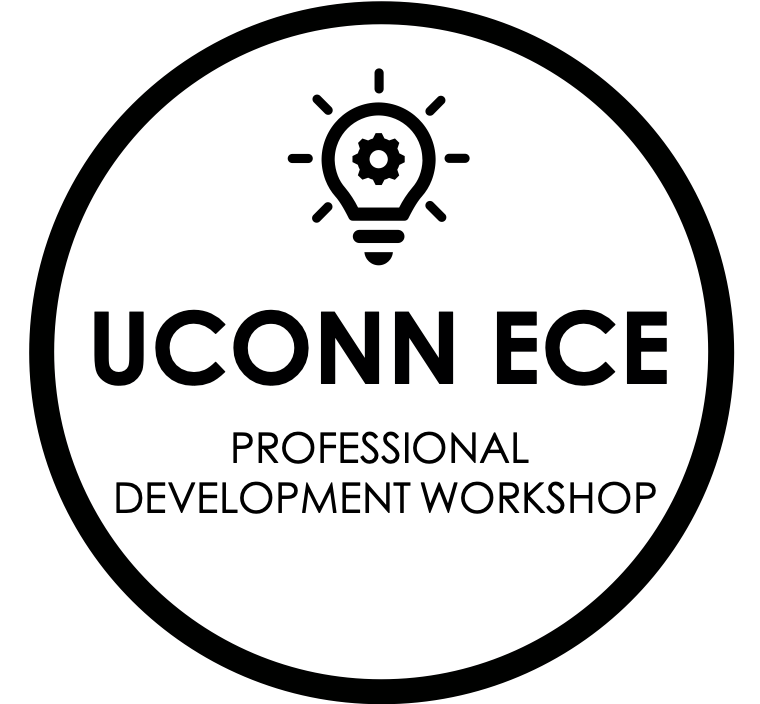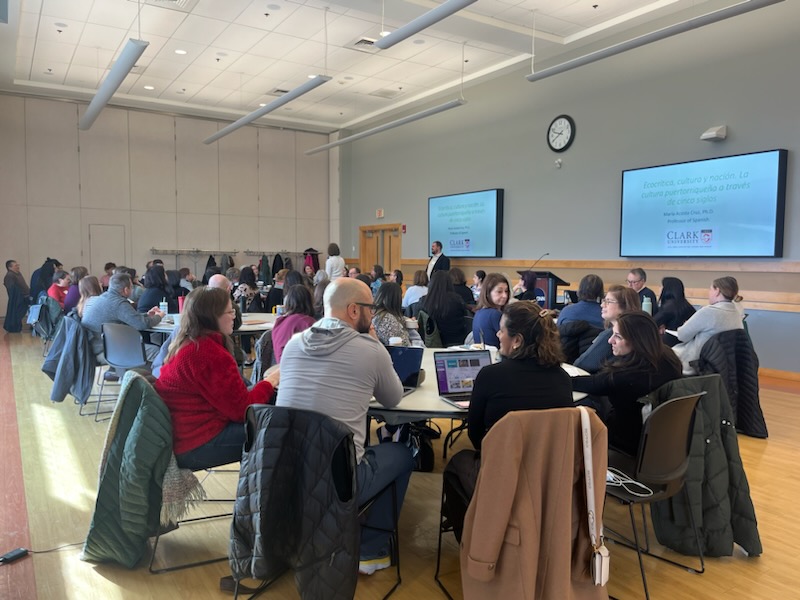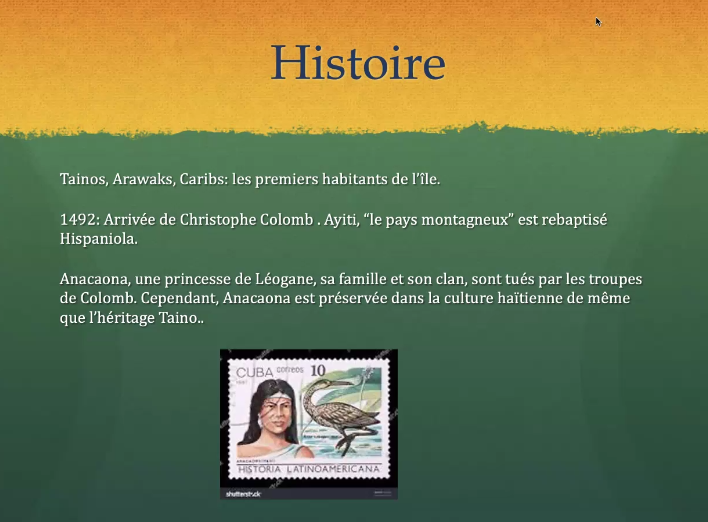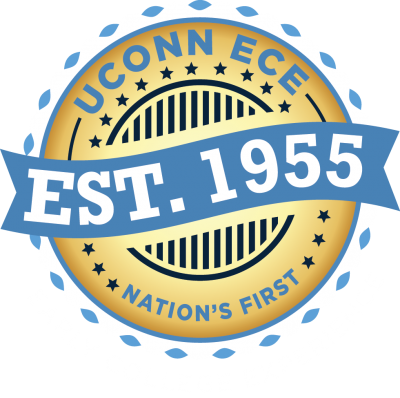Spring 2024 UConn ECE Library Media Specialists Training
On Wednesday, March 26th, UConn Early College Experience, and the UConn ECE Liaisons from the Babbidge Library met with participating ECE library media specialists for a professional development training. The group met virtually and heard from content specialists from the library.
After a brief welcome with ECE Staff and Kate Fuller, from the library, the group heard from different library staff members:
Terry Palacios : StAIying Informed: Quick Overview of Generative AI, Pitfalls of AI, and Exploring AI Tools
Rob Walsh Fundamentals of Strategic Searching
Greg Colati CT Digital Archives (CTDA)
Materials from the training are available to for reference at: https://guides.lib.uconn.edu/ECE.
